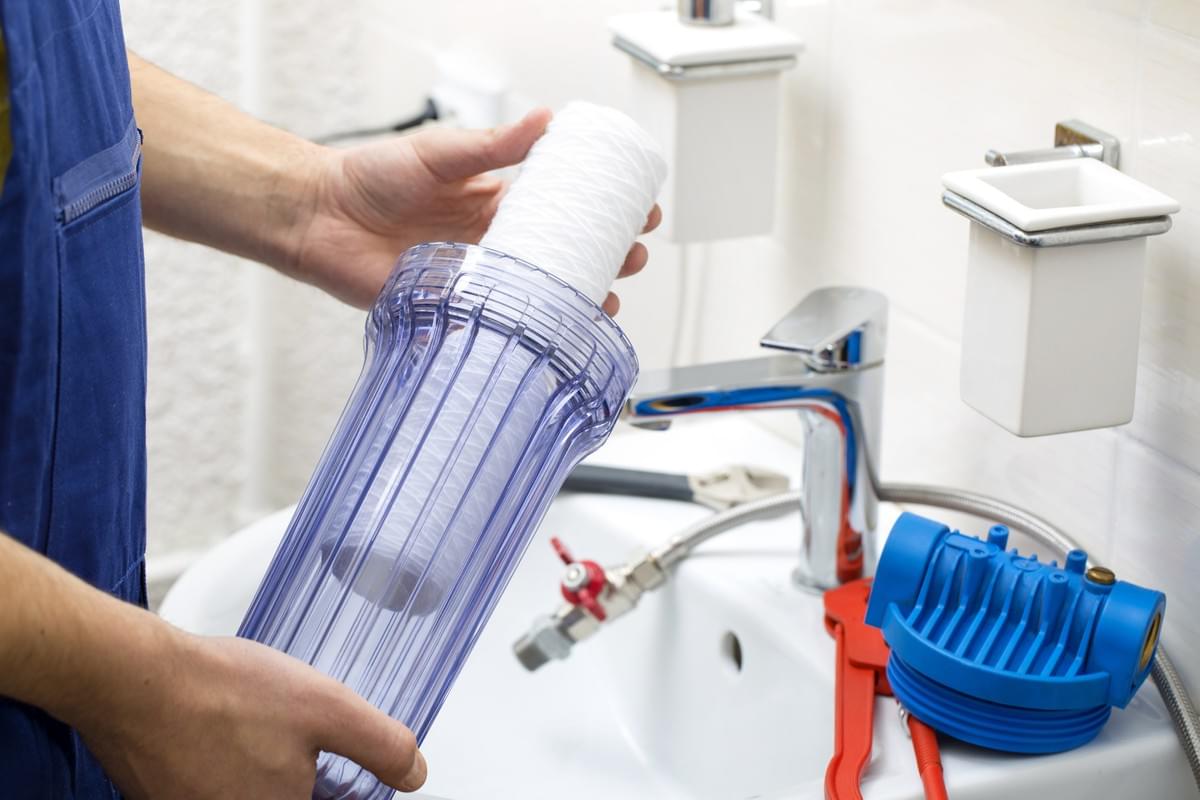
Water purification is important in many situations, not only to help taste and smell better but also to protect your health. If you are concerned about drinking safe tap water, then it may be time to invest in a quality water purification device. You want to make sure that you find a purifier that fits your particular needs. Some of the best methods available for filtering water are reverse osmosis and distillation. There are all kinds of ultraviolet water purification systems including ultraviolet light machines, but they all have basically the same core components.
The most popular ultraviolet water purification systems are the ones that use ultraviolet light to kill bacteria and viruses. When you think about it, there are many ways that water quality can be affected by environmental factors. For example, pollution, heavy metals, chemicals and pesticides can all affect the water quality in different ways. There are different methods for eliminating some of these contaminants, and some work better than others. For instance, some types of UV disinfection machines will work better in a laboratory situation because they are capable of purifying large volumes of water and providing life science information to the operator or laboratory worker. Visit this company website to get the best water purification system.
Most ultraviolet water purification systems do not use chlorine or chloramine in their design. While these two substances are commonly added to disinfect water, they are harmful to humans in large enough amounts. There are no free water test kits to determine the purity of any source water, so it is up to you to do a home water purify by purchasing a home water filter with a submicron filter to remove cysts and cyst contamination. Many public treatment facilities add chlorine to water to disinfect and improve its taste, and the increased use of cysts has lead to an increase in the prevalence of bladder and kidney cancer among those who are vulnerable to developing the disease.
The most popular type of these water purification systems for the home are reverse osmosis and distillation units. These units utilize two processes to clean water: first, boiling and then filtering through a semi-permeable membrane. The boiling process removes any dissolved solids that were previously dissolved in the water. The filtered water then passes through a second filtering unit where the solvent residue is collected. This purified product is then released into the designated drinking receptacle.
In the home, reverse osmosis and distillation home water purification systems produce water that is also de-mineralized, as well as containing traces of lead and other hazardous contaminants. Reverse osmosis and distillation have been found to adversely affect the health of children, as well as adults with weak immune systems. If you have any concerns regarding your home water purification devices, you should consult your doctor or healthcare provider. He or she may be able to recommend a safer alternative to reverse osmosis and distillation.
A third option that has become increasingly popular over the past few years is laboratory-grade water purification systems. These products, which have been found to be more effective at removing prescription and over-the-counter medications, are now being used by laboratories and health care providers to treat all manner of medical and food-related problems. If you are interested in having your water tested, a lab that specializes in water purification systems will be happy to accommodate you. Depending upon your particular needs, a lab may also be able to provide you with an on-site sample installation. You may even be able to have one of these labs perform the actual testing for you. For better understanding of this topic, please click here: https://en.wikipedia.org/wiki/Water_purification.